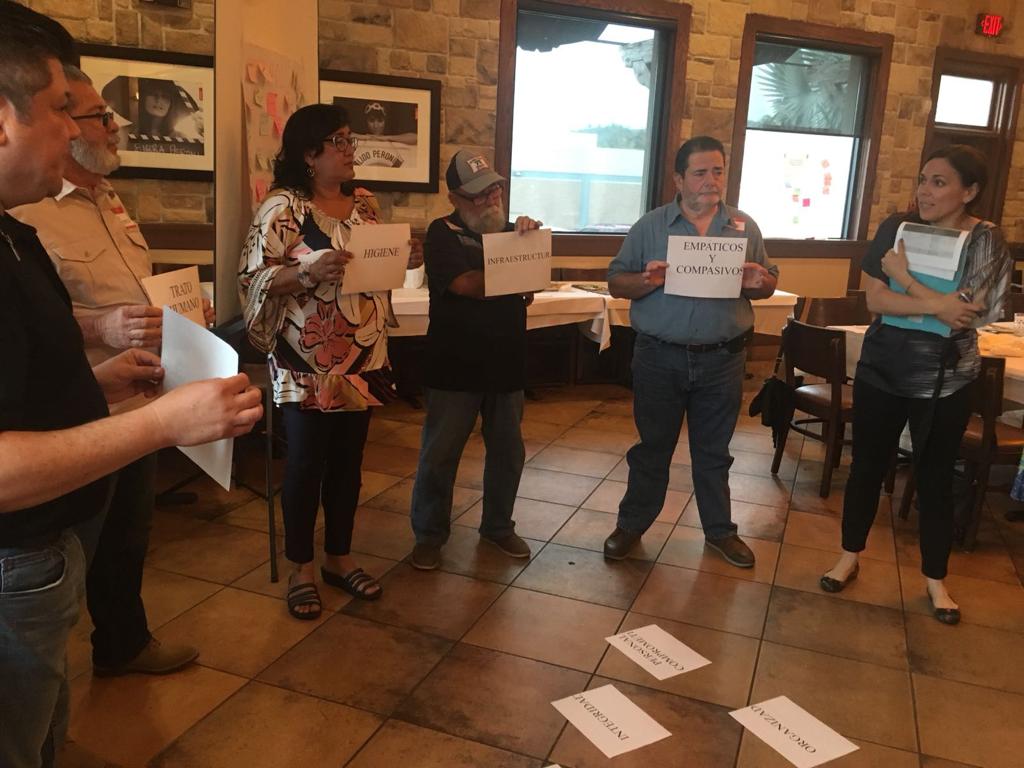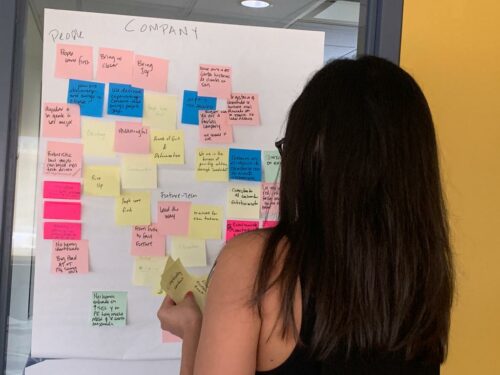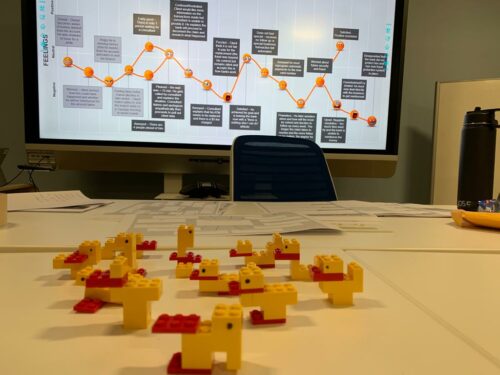
THE INDUSTRY:
Government Agency
THE CHALLENGE:
To truly unearth the impact and the level of support and/or opposition the designation of the first ever National Marine Sanctuary (NMS) in the United States would get from the communities affected by the project.
THE TASK:
Device a strategy to boldly do what no other environmental protection agency had been able to: get the parties involved talking about the issues that trigger their feelings of acceptance or rejection towards the project, and most importantly, discovering the underlying meaning of what the area to be protected represents for each of them.
THE JOURNEY:
Strategic Thinking • Insight Hunting • Collaborative Work • Final Assessment
THE STRATEGY:
We created a safe environment to bring together the opinion leaders from the fishing community and the tourism businesses in the area that had the most clashing views or strongest opinions with regards to environmental protection. We wanted them to have a civilized sit down, while we worked through the trust issues created by the lack of transparency and the misinformation amongst the parties involved, in order to get them talking.
THE APPROACH:
After a lot of out of the box thinking we decided to use a highly collaborative approach. We brought in a Public Relations expert as a neutral entity to “witness” the process for the sake of transparency.
She was also there to contain the spread of false or misleading information by stating facts, and to keep exchanges respectful while we moderated the sessions.
We kicked the initiative off with 32 mini focus groups, segmented by target group to ease tensions and build trust. Lots of powerful insights were gathered from each session.
Then we devised 4 collaborative work sessions where we brought folks from all target audiences and facilitated different dynamics so they could discuss, seek to align and agree on how to approach the communication of the potential designated area.
THE RESULTS:
Results were translated into various communication concepts that tackled each groups concerns while posing a fundamental belief most of them agreed on: that protecting the environment is our responsibility.
THE OUTCOME:
Our client realized that in order to have this project be a success he needed to have more fishermen on board, so it was postponed. Our insights on how perceptions could be positively altered and on what each community needed to support the designation of the marine sanctuary led to transformative and meaningful communication and the emergence of a partnership with community leaders to plan a better defined solution.


